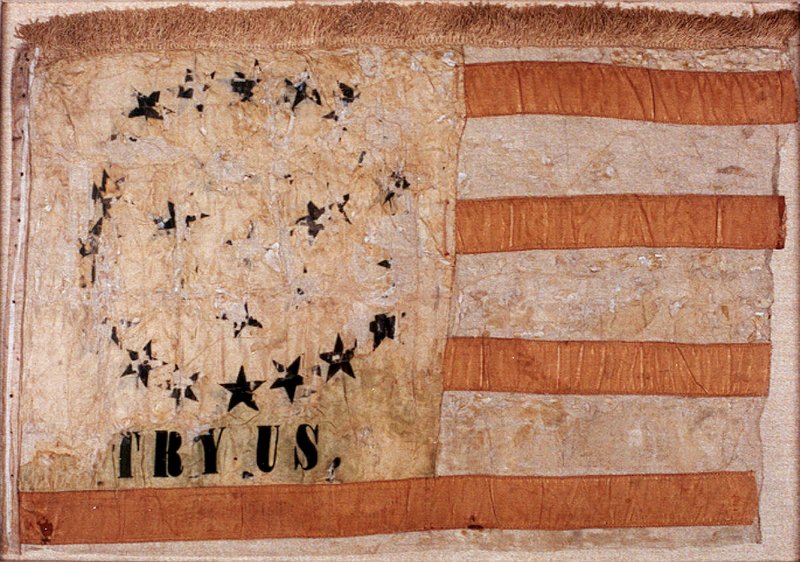For years, Arkansas and Texas have battled each other via college athletics, and the grip of generations of animosity still exists. But Arkansans came to Texas' defense during the Mexican War, 1846 to 1848 (also referred to as the Mexican-American War or the U.S. Mexican War).
Tom Wing will share information about Arkansas' role -- particularly Crawford County's -- in the war at 1:30 p.m. and 3 p.m. Sunday at the Drennen-Scott Historic Site in Van Buren. Wing is the director of the site, and the presentation is the first of the year's Crawford County Chronicles series.
FAQ
Crawford County Chronicles:
Mexican War
WHEN — 1:30 p.m. & 3 p.m. Sunday
WHERE — Drennen-Scott Historic Site, 221 N. Third St. in Van Buren
COST — Free; reservations required
INFO — 262-2750
Several issues were in dispute leading to the Mexican War, Wing noted: The right for Texas to leave the country of Mexico and the location of the boundaries between the two nations -- specifically land in what is now Arizona, Oklahoma, Colorado, Kansas and Wyoming.
"For a decade, U.S. leaders had seen Texas's independence as a first step to it joining the United States, part of a broader American view of 'Manifest Destiny,'" the website states. "Mexico, however, never recognized Texas's independence. American annexation of Texas in 1845 and the stationing of U.S. troops under Gen. Zachary Taylor near the Rio Grande River in 1846 triggered war between the two countries."
"The war gave California and the rest of the southwestern states to the United States -- and the possibility of building the transcontinental railroad in the South," Wing says.
The Treaty of Guadalupe Hidalgo, signed in 1948 to end the war, ceded not only Texas but California and the land in between to the United States.
"Arkansas had been a state for 10 years when the war broke out. With the Indian Territory to the west, Arkansas remained an isolated part of the Louisiana Purchase. It was a rural area, and travel was by boat," Wing says.
"Arkansas was on the doorstep of Texas," he continues. "And a significant number of volunteers were raised here to go fight in Texas.
"It wasn't just Arkansas that helped Texas," he adds. "The U.S. took care of Texas. Polk protected the interests of the United States. Tennessee, Kentucky, Ohio, Michigan, Louisiana, Mississippi and Alabama I know for sure provided troops."
Wing will share stories of some of the "best and brightest" of those who volunteered to fight, pointing to Leonard Willhaugh, a German immigrant, who survived the war and returned to run his bakery in Van Buren, he says. Two prominent Arkansans also volunteered.
Archibald Yell, Arkansas' first congressman and second governor, was killed at the Battle of Buena Vista. Yell left Congress to enlist as a private in the Arkansas volunteers, then was chosen regimental colonel.
Yell, who made his home and law practice in Fayetteville, is buried there in Evergreen Cemetery.
Albert Pike, also a lawyer, worked often with American Indians to secure payment for lands taken. He also is credited as instrumental in the inception of the Arkansas courts system. He raised the Little Rock Guards unit for the Mexican War and, later, during the Civil War, was appointed to brigadier general in the Department of Indian Territory.
"The Mexican War served as a training ground for generals who led troops in the Civil War," Wing says, listing Robert E. Lee, Confederate commander; Jefferson Davis, president of the Confederate states; and Thomas "Stonewall" Jackson, a celebrated Confederate general.
"The (Mexican War) has largely been forgotten in the United States," Wing says. "But they still celebrate the losses in Mexico."
NAN What's Up on 04/04/2014
